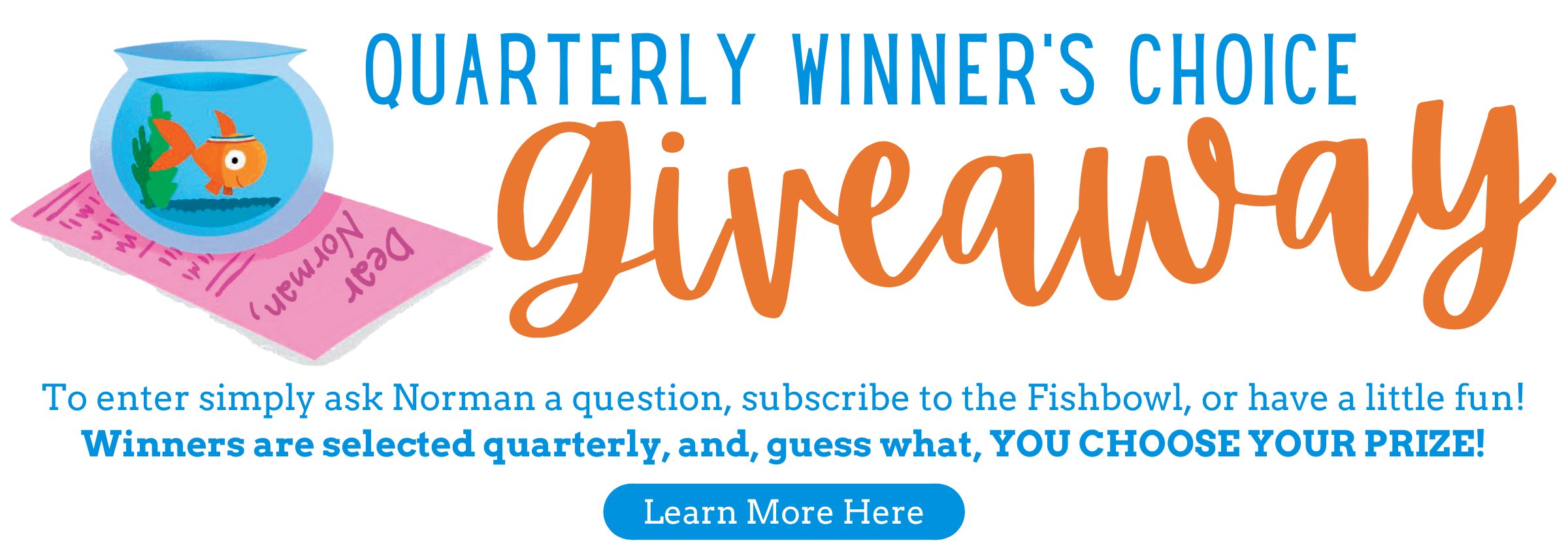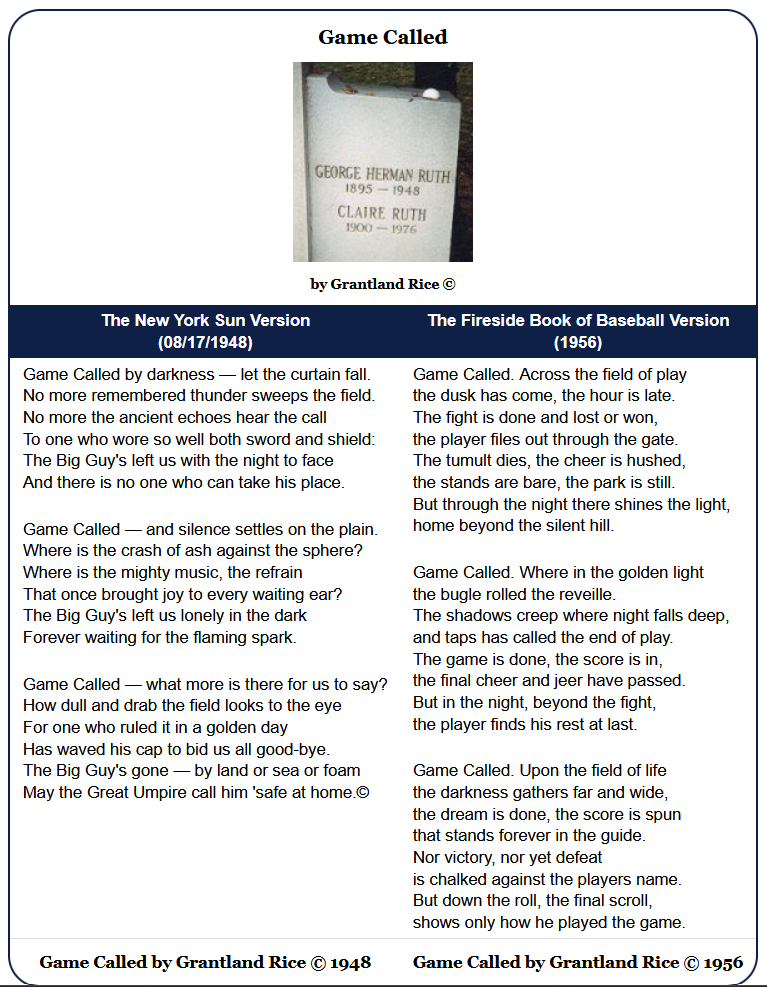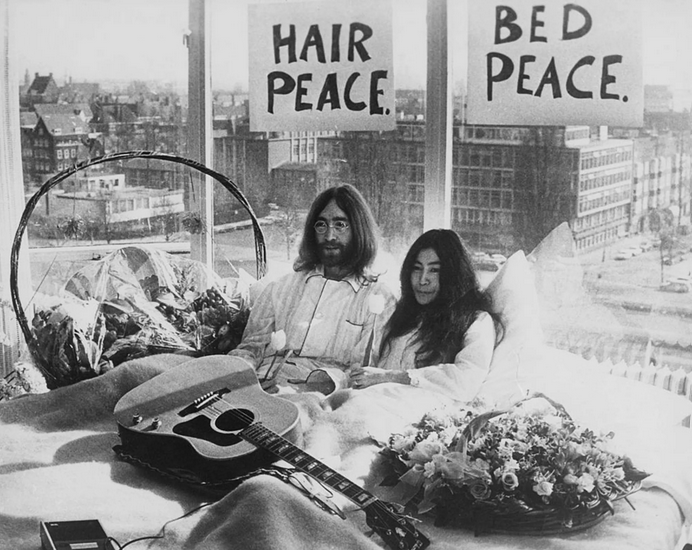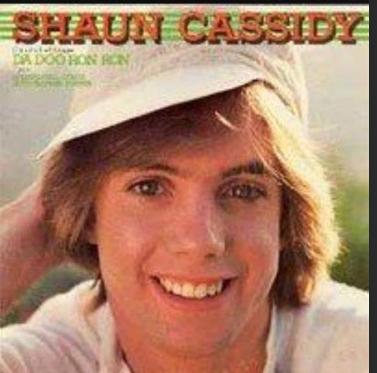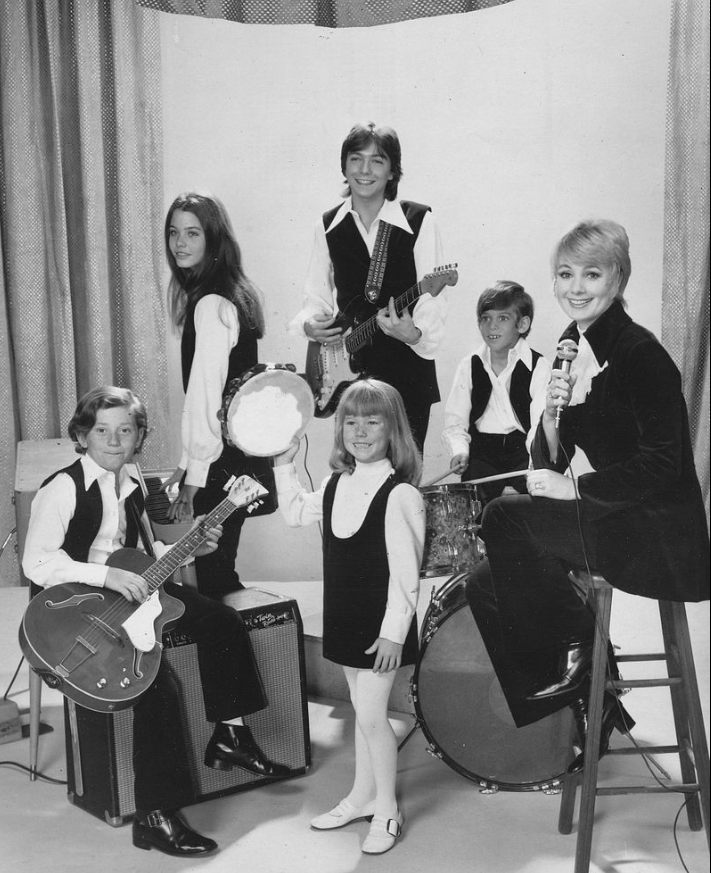Poetry Challenge #321-Kuh-CHING!
Money Money Mon-Ney!
Money Makes the World Go Around
“I work all night, I work all day, to pay the bills I have to pay. . . Ain’t it sad.”
Happy National Talk Money Day! (November 11th). A day designated to “teach people to stop being afraid of talking about money.” Despite the adage: The first one who mentions money loses.
$$$ Money Money MO-NEY $$$
Wallace Stevens said,
“Money is a kind of poetry.”
Many poets have written about money. Here’s a poem about money by Edgar Allan Poe:
“Epigram for Wall Street
I’ll tell you a plan for gaining wealth,
Better than banking, trade or leases —
Take a bank note and fold it up,
And then you will find your money in creases!
This wonderful plan, without danger or loss,
Keeps your cash in your hands, where nothing can trouble it;
And every time that you fold it across,
’Tis as plain as the light of the day that you double it!”
Here’s one by Ted Kooser, the former U.S. poet laureate (2004-2006):
Selecting a Reader
First, I would have her be beautiful,
and walking carefully up on my poetry
at the loneliest moment of an afternoon,
her hair still damp at the neck
from washing it. She should be wearing
a raincoat, an old one, dirty
from not having money enough for the cleaners.
She will take out her glasses, and there
in the bookstore, she will thumb
over my poems, then put the book back
up on its shelf. She will say to herself,
'For that kind of money, I can get
my raincoat cleaned.' And she will.
And, finally, this one by Shel Silverstein:
Poetry Challenge #321
Kuh-Ching!
Now, it’s your turn. Write a poem about money—why you like it or don’t, what you would do with it, how to make it, keep it, spend it. It’s up to you! And, it won’t cost you a cent!
Set Your Timer for 7 Minutes
Start Writing!
Don’t Think About it, Write It!
And back by popular demand: A Money Song Playlist! Click and Sing!
Cindy Faughnan and I began this 7-Minute Poetry Challenge 2700+ days ago. Now we take turns creating prompts to share with you. Our hope is that creatives—children & adults—will use our prompts as springboards to word play time. If you join us in the Challenge, let us know by posting the title, a note, or if you want, the whole poem in the comments.
Click on Fishbowl link and sign up to receive email notifications from Kelly's blog (aka The Fishbowl):
All who subscribe, comment or share a poem will be entered in . . .
Poetry Challenge #320-Playing the Game
Happy Fall Classic Sports fans! Depending on how the games go, as you read the Diamondbacks and Rangers may still be facing off, or one has emerged victorious—that’s your cue: raise your hands and channel Queen: “We are the champion! We are the champions!”
Decades before Queen’s anthem rocked sports fans, birthday boy Grantland Rice ((Nov 1, 1880 – July 13, 1954) stirred sports fans with words. Sans drums, special effects or technicolor Rice made heroes of mere mortals in black type on newsprint.
"When a sportswriter stops making heroes out of athletes, it’s time to get out of the business,"—Grantland Rice.
Grantland Rice was to sports writing what MGM, Paramount and Netflix were/are to actors. If you doubt me, take a walk down Hollywood Boulevard. That’s right: Rice has a Hollywood Star. His typewriter is in the National Baseball Hall of Fame. He was that good.
As is so often the story, Rice, wanted to be a pro baseball player—at Vanderbilt he was captain of the football team and a shortstop—but his family, his good “old” Tennessee father and grandfather especially, would not hear of it.
Was Rice any good? The photo above of Rice in uniform circa 1901 is in the Tennessee Sports Hall of Fame.
Because he couldn’t play pro sports, Rice wrote about them. His syndicated column appeared in over 100 newspapers. Grantland Rice died in his office, of a heart attack, after completing a column about Willie Mays at the 1954 All-Star game.
The first time the World Series was carried on live radio—100 years ago—Rice was the play-by-play announcer. The NY Yankees won the series. Babe Ruth was the teams star player.
The day after Babe Ruth died, Aug 16, 1948, Rice’s poem “Game Called” was published.
“It’s not whether you win or lose, but how you play the game,”—that was Grantland Rice.
Poetry Challenge #320
Playing the Game
Grantland Rice wrote in a “heroic” style with vivid imagery, metaphor and simile. It’s said he “raised games to the level of ancient combat and their heroes to the status of demigods.”
Because it’s his birthday, and it’s fall and there are all manner of balls in the air, let’s write a sports poem. The poem can be about any sport you fancy. Or a made-up sport.
Write it as Rice might have, in a “heroic” style.
Set Your Timer for 7 Minutes
Start Writing!
Don’t Think About it, Play!
Cindy Faughnan and I began this 7-Minute Poetry Challenge 2700+ days ago. Now we take turns creating prompts to share with you. Our hope is that creatives—children & adults—will use our prompts as springboards to word play time. If you join us in the Challenge, let us know by posting the title, a note, or if you want, the whole poem in the comments.
Click on Fishbowl link and sign up to receive email notifications from Kelly's blog (aka The Fishbowl):
All who subscribe, comment or share a poem will be entered in . . .
Poetry Challenge #319-Pucker Up!
October 25th is National Sourest Day. A day set aside to intentionally “Have a sour day, all day.”
So pucker up!
Here’s a start:
Lemon tree very pretty/
and the lemon flower is sweet/
but the fruit of the pour lemon/
is impossible to eat*
What do you think of when you hear the word sour? Lemons? Limes? Curdled milk? The look on your mom’s face when you fail your test?
We’ve all had bad days. The ones where you get up on the wrong side of the bed even when the bed is against the wall. The ones where you disagree with everyone, and they disagree with you. The ones where you think, like Alexander, that it’s a “terrible, horrible, no good, very bad day.”
Poetry Challenge #319
Pucker Up!
In celebration of the Sourest Day of the Year (Oct. 25), write a paragraph or poem that describes a bad day you’ve had.
List the things that go wrong, compare them to the sourest things you can think of, and then, if you can, end with something that can fix your day.
Set Your Timer for 7 Minutes
Start Writing!
Don’t Think About it, Write It!
After you complete the challenge treat yourself to a song so sweet it will sour your stomach: Lemon Tree by Peter, Paul & Mary:
Cindy Faughnan and I began this 7-Minute Poetry Challenge 2700+ days ago. Now we take turns creating prompts to share with you. Our hope is that creatives—children & adults—will use our prompts as springboards to word play time. If you join us in the Challenge, let us know by posting the title, a note, or if you want, the whole poem in the comments.
Click on Fishbowl link and sign up to receive email notifications from Kelly's blog (aka The Fishbowl):
All who subscribe, comment or share a poem will be entered in . . .
Poetry Challenge #318-Caution! Experimentation in Progress
How often do you shift-select keys at the top of your keyboard when writing poetry? Input an ampersand? Willy-nilly asterisk? Better yet, because Oct 18th is National Cupcake Day—add an exclamation point—let’s do it!
Don’t know and can’t find much by way of biographical information about the Challenge Prompt poet of the week, but what we have managed to find is intriguing:
Carol Snow was born on Oct 18, 1949, and she lives in San Francisco! That’s reason enough to bust out the cupcakes—
Happy Birthday Carol Snow!
After a lot of clicking I found one photo of the poet Carol Snow (not to be confused with the novelist of the same name).
So why choose Carol Snow to be the inspiration
for this week’s challenge?
Carol Snow is currently alive and writing. She has published 4 or maybe 6 volumes of poetry (depending on which online source you check) including Placed: Karesanui Poems (Counterpath Press, 2008), The Seventy Prepositions (University of California Press, 2004), and Artist and Model (Atlantic Monthly Press, 1990) . . .
& for her work, Snow has been honored with a Pushcart Prize, Poetry Center Book Award and Joseph Henry Jackson Award in Literature.
What’s more she taught at UC Berkely in 2002 (and for all I know she may well still teach there.)
& her poetry is different, in technical terms we call her an “Experimental Poet.” From what I’ve seen she utilizes more computer keys and white space that many poets . . .
Here’s how Wikipedia* puts it:
Experimental literature is a genre of literature that is generally "difficult to define with any sort of precision."[1] It experiments with the conventions of literature, including boundaries of genres and styles; for example, it can be written in the form of prose narratives or poetry, but the text may be set on the page in differing configurations than that of normal prose paragraphs or in the classical stanza form of verse.[1] It may also incorporate art or photography. Furthermore, while experimental literature was traditionally handwritten, the digital age has seen an exponential use of writing experimental works with word processors.[1]
Here’s one more poem by Carol Snow before we get to the challenge:
Poetry Challenge #318
Caution! Experimentation in Progress
Fanny Howe, who Wikipedia named “one of the most widely read of American experimental poets,” describes Snow’s work as
“post-traumatic—half-seen, half-remembered, half-named—the event more than half gone….
Picture a traumatic incident. It can be one from your life. Or someone else’s. Or perhaps, a traumatic incident involving a cupcake.
Now, write a poem about that incident—but do as Carol Snow might –write only part of it. Write it so it’s half-seen, half-remembered, half-named. Experiment with punctuation to invite readers to fill-in-the half-memory.
If you find this kind of experimentation challenging, draw inspiration from Carol Snow’s poetry.
Set Your Timer for 7 Minutes
Start Writing!
Don’t Think About it, Write It!
*Service Announcement: Consider donating to Wikipedia; lighter and cheaper than those encyclopedia sets we used to use to decorate our homes…
Cindy Faughnan and I began this 7-Minute Poetry Challenge 2700+ days ago. Now we take turns creating prompts to share with you. Our hope is that creatives—children & adults—will use our prompts as springboards to word play time. If you join us in the Challenge, let us know by posting the title, a note, or if you want, the whole poem in the comments.
Click on Fishbowl link and sign up to receive email notifications from Kelly's blog (aka The Fishbowl):
All who subscribe, comment or share a poem will be entered in . . .
Poetry Challenge #317-Digging Up Fossils
Fossils are the preserved remains of a once-living thing from a past geological age. Sometimes they’re actual creatures, and sometimes they are impressions preserved in rock that show what the creature looked like.
Why am I sharing this?
Because October 11th is. . . National Fossil Day!
Even the National Park Service celebrates Fossil Day! Click over later for a list of NPS ways to celebrate fossils!
Fossils are found in Rocks
Fun Fossil ideas can be found at playideas.com.
Here are 25 Fun Fossil Ideas for Kids
There are books about Fossils. Here’s my personal fav: Old Rock (is not boring) by Deb Pilutti:
And my all-time favorite Rock on his way to becoming a Fossil:
Fossilization is also in the works for Nobel Prize winning novelist & poet Francois Mauriac, who coincidentally or not, was born on National Fossil Day: Oct 11, 1885. As a precursor to this week’s prompt let’s start with some of his words that should be etched in rock:
Poetry Challenge #317
Digging Up Fossils
Maybe you have old notebooks/files containing fossilized poems, poems written in another time in your life.
Find an old notebook or file—the older the better—and read through some of your old writing. See if you can find something that has preserved an impression of a different time or feeling. Using that “fossil”, write a new poem.
You can use some of the actual words or write new and capture a feeling or impression of the original.
Set Your Timer for 7 Minutes
Start Writing!
Don’t Think About it, Write It!
Cindy Faughnan and I began this 7-Minute Poetry Challenge 2700+ days ago. Now we take turns creating prompts to share with you. Our hope is that creatives—children & adults—will use our prompts as springboards to word play time. If you join us in the Challenge, let us know by posting the title, a note, or if you want, the whole poem in the comments.
Click on Fishbowl link and sign up to receive email notifications from Kelly's blog (aka The Fishbowl):
All who subscribe, comment or share a poem will be entered in . . .
Poetry Challenge #316-Come Together
John Lennon probably doesn’t need an introduction. As a co-founder of The Beatles with Paul McCartney, he (and the group) became famous in the 1960’s. He wrote many, many songs for the group, and many more after The Beatles broke up.
Born as John Winston Lennon on October 9th, 1940*, in Liverpool, England, little did his parents know that their son would become one of the most famous musicians of the era. John spent his childhood in a suburb of Liverpool with his aunt, as his parents had separated when he was five years old.
*Full Disclosure: when we decided on featuring John Lennon in this week’s prompt, we thought his birthday was Oct 6th, because that’s what some Internet Search brought up. That info was incorrect. John Lennon’s birthday is Oct. 9th. (Maybe whomever wrote it first read it upside down) Moral: check your sources!
Anyhow…Lennon’s work is worth celebrating for more than one day—why not Lennon all week?!
Anyone who says songwriters are not poets read on. Below are partial lyrics for Imagine. Listen to Imagine-click!
John & Yoko’s Honeymoon, Bed in for Peace, from March 25 to March 31, 1969.
Poetry Challenge #316
Come Together
This prompt may find you humming and tapping your foot! Listed below are titles of some of the songs Lennon wrote. Choose 3-5 titles and incorporate them into a poem of your own. Extra credit if you create a catchy rhythm or rhyme.
Set Your Timer for 7 Minutes
Start Writing!
Don’t Think About it, Write It!
And whenever you’re in NYC, take a stroll up Central Park West to visit Strawberry Fields, listen for the music!
Cindy Faughnan and I began this 7-Minute Poetry Challenge 2700+ days ago. Now we take turns creating prompts to share with you. Our hope is that creatives—children & adults—will use our prompts as springboards to word play time. If you join us in the Challenge, let us know by posting the title, a note, or if you want, the whole poem in the comments.
Click on Fishbowl link and sign up to receive email notifications from Kelly's blog (aka The Fishbowl):
All who subscribe, comment or share a poem will be entered in . . .
Poetry Challenge #315-Get Happy!
So maybe you aren’t old enough to remember rushing home to crowd around the TV Friday nights because The Partridge Family was on!
Hello, world, hear the song that we're singin'
C'mon get happy!
A whole lot of lovin' is what we'll be bringin'
We'll make you happy!
The big swoon was David Cassidy, the oldest brother/lead singer/best hair flipper of all time… (well, of the Partridge Family anyway) but dang, Shaun was the cute one. Right?
WRONG!
Shaun Cassidy born September 27, 1958, was David Cassidy’s half-brother and the son of Jack Cassidy and Shirley Jones—the Partridge Family’s mother.
But he was not, as everyone thought, the youngest brother on the show. Shaun Cassidy wasn’t even on the show.
Maybe that’s reason enough for him to get happy. For while nobody anywhere know what happened to any other of those Partridge Kids, one need only click the remote to find out what Shaun baby has accomplished. He has created/written/produced scads of TV series including American Gothic, Roar, Invasion, and New Amsterdam. He has albums. Acted in The Hardy Boys Mysteries, Breaking Away and General Hospital. What’s more, Shaun is a poet.
Need more convincing? He sang Do You Believe in Magic?
Poetry Challenge #315
Come on! Get Happy!
Take a moment to think of all the words you possibly can that rhyme with happy. If you need help, pull out a rhyming dictionary—on-line or otherwise. Once you have a list of 5-10 words, weave them into a poem.
And then, because we absolutely know you have time left on the clock, rearrange and repeat words to give your poem a snap-happy rhythm.
Set Your Timer for 7 Minutes
Start Writing!
Don’t Think About it, Write It!
Post-poeming reward yourself with a sing-along. Click on the link to view the lyrics included version of The Partridge Family Theme Song.
Nothing’s better than being together/when we’re singing
When we’re singing!
Cindy Faughnan and I began this 7-Minute Poetry Challenge 2700+ days ago. Now we take turns creating prompts to share with you. Our hope is that creatives—children & adults—will use our prompts as springboards to word play time. If you join us in the Challenge, let us know by posting the title, a note, or if you want, the whole poem in the comments.
Click on Fishbowl link and sign up to receive email notifications from Kelly's blog (aka The Fishbowl):
All who subscribe, comment or share a poem will be entered in . . .
Poetry Challenge #314-See What to Do with It…
Today we’re veering a bit to the dark side of poetry, and maybe the biggest challenge of all: editing.
Dum-duh-dum-dum….
Why ever for? Because whether you know it or not, modern literature such as it is, IS because of today’s birthday boy, Maxwell Perkins. And if any of our poems IS going to be something they will need some of what he was: a thoughtful editor.
Maxwell Perkins was an editor at the publishing house Charles Scribner’s Sons.
He discovered and edited:
F. Scott Fitzgerald (The Great Gatsby),
Ernest Hemingway (The Old Man and the Sea),
Marjorie Kinnan Rawlings (The Yearling), and
Thomas Wolfe (Look Homeward Angel).
Many of the books Perkins edited became best sellers and award winners; many of the authors Perkins discovered became household names.
Want to know more: A. Scott Berg’s biography makes excellent reading!
Kenneth D. McCormick, editor-in-chief of Doubleday & Company once said:
“Perkins was unlikely for his profession: He was a terrible speller, his punctuation was idiosyncratic, and when it came to reading, he was by his own admission ‘slow as an ox.’ But he treated literature as a matter of life and death.”
If, like Perkins, you’re “slow as an ox” but want to know more about him watch Genius, a 2016 movie starring Colin Firth is about his relationship editing Thomas Wolfe. (Colin, Jude, Nicole, Laura…the cast is reason enough to watch!)
Here’s the trailer for Genius—fascinating watching!
But for now, enough avoiding the inevitable: By now you will have already followed—many many times over in the course of this challenge—what I consider Perkins’ finest pin-up advice:
“Just get it down on paper, and then we’ll see what to do with it.” ― Maxwell Perkins
Poetry Challenge #314
See What to Do with It…
In honor of Maxwell Perkins’ birthday, Sept 20th, it’s time to use your editing skills. It’s said that Maxwell Perkins forced Thomas Wolfe to cut 90,000 words from his first novel (although some sources think that’s an exaggeration). However, we often use too many words, and our writing would be better if we tightened it.
Choose a poem you’ve written that has at least 50 words. Now take out ¼ of those words—if it’s a 50 word poem, try to get it to 38 words. You can delete words or change a phrase to one word—whatever works to get to your new word count. Read the new poem aloud. Is it better? Can you cut another ¼ of the words?
Set Your Timer for 7 Minutes
Start Writing!
Don’t Think About it, Edit!
After you’re finished editing, reward yourself with this delightful read about Perkins on Lithub!
Cindy Faughnan and I began this 7-Minute Poetry Challenge 2700+ days ago. Now we take turns creating prompts to share with you. Our hope is that creatives—children & adults—will use our prompts as springboards to word play time. If you join us in the Challenge, let us know by posting the title, a note, or if you want, the whole poem in the comments.
Click on Fishbowl link and sign up to receive email notifications from Kelly's blog (aka The Fishbowl):
All who subscribe, comment or share a poem will be entered in . . .






